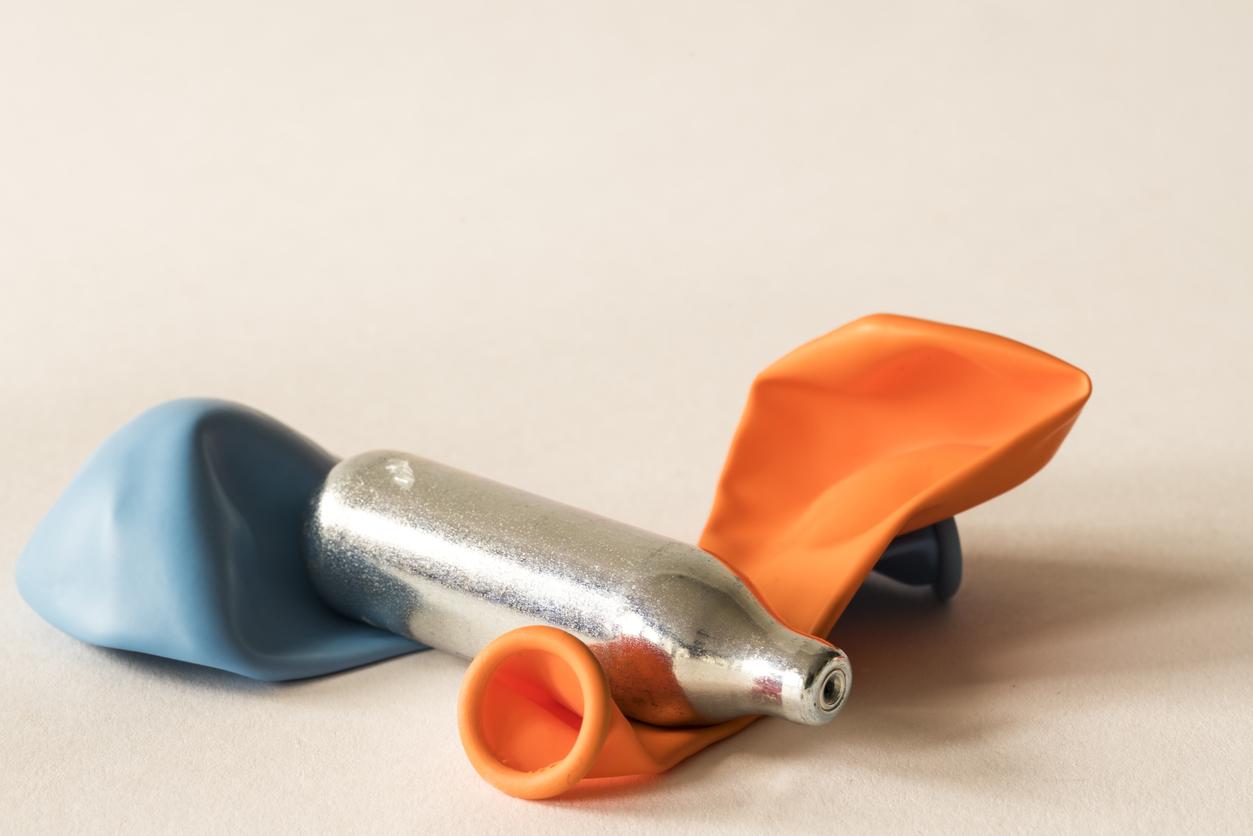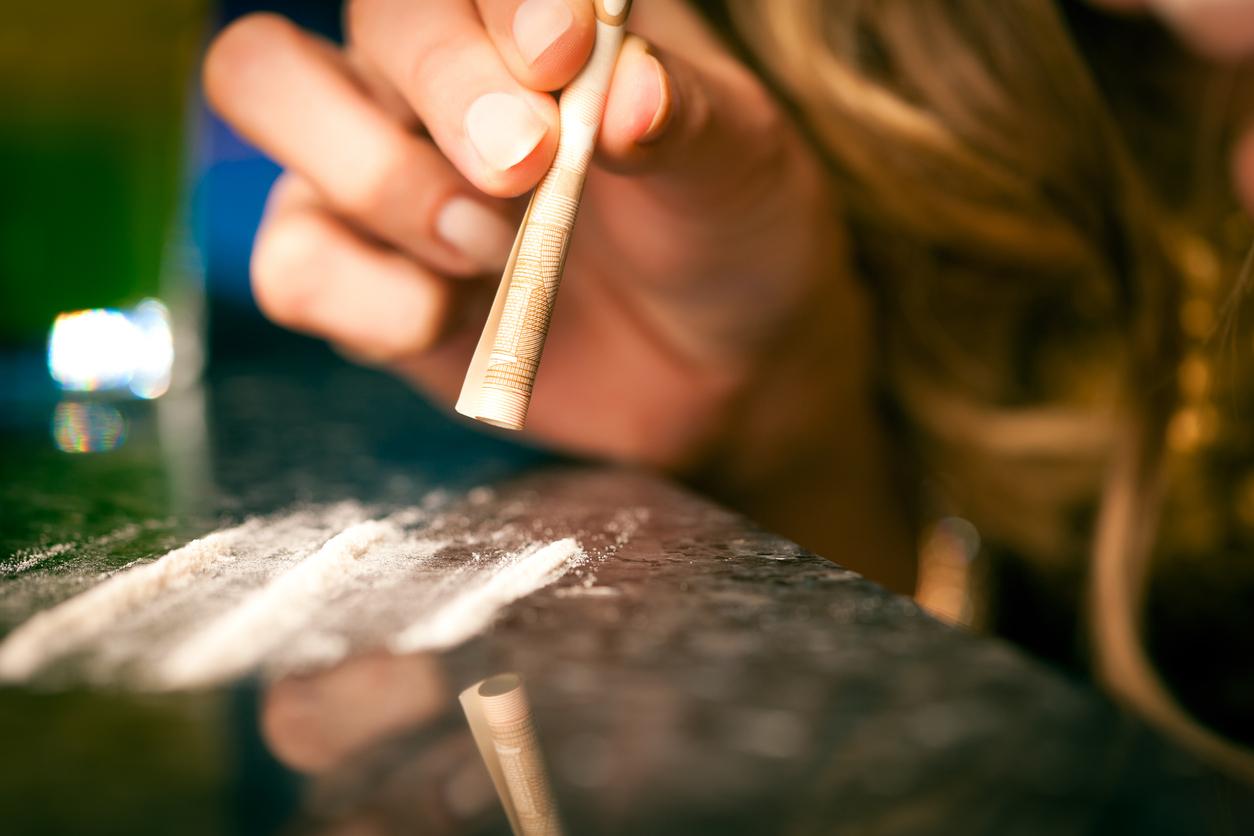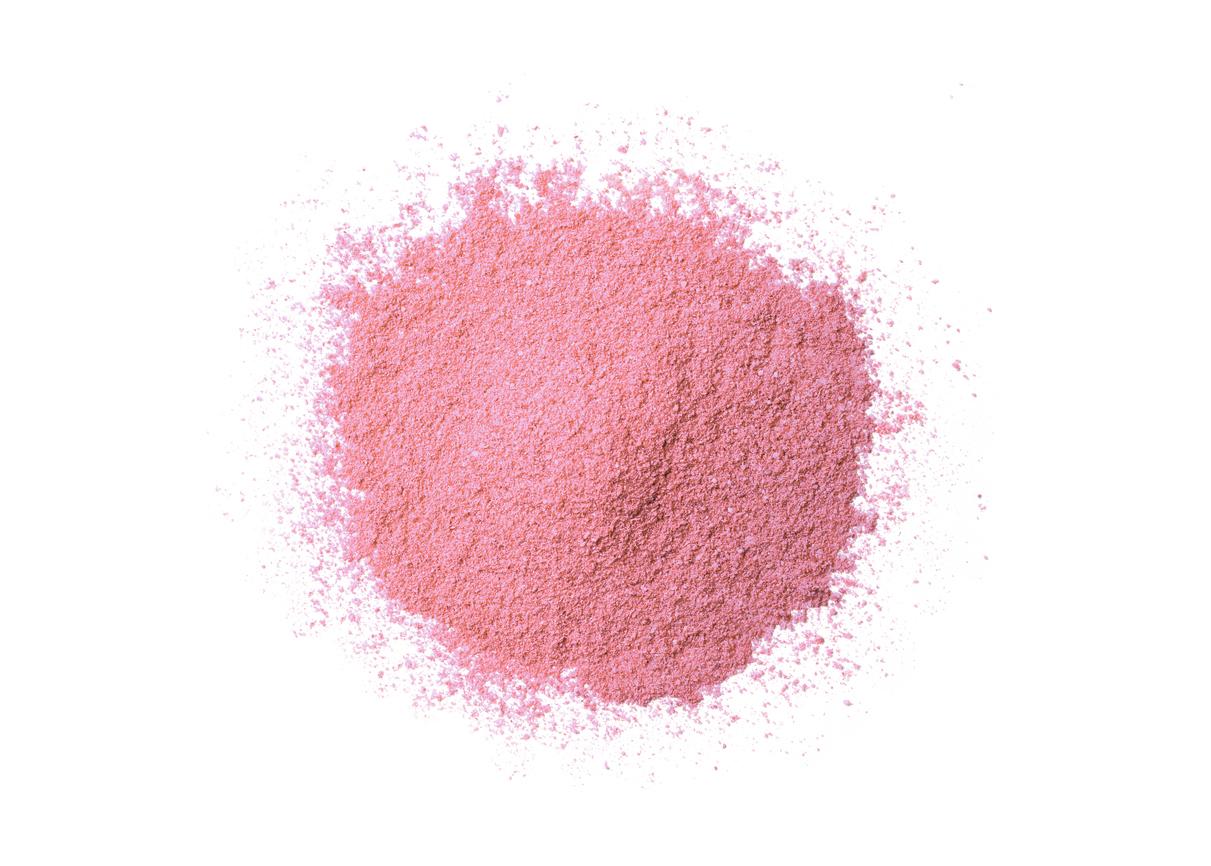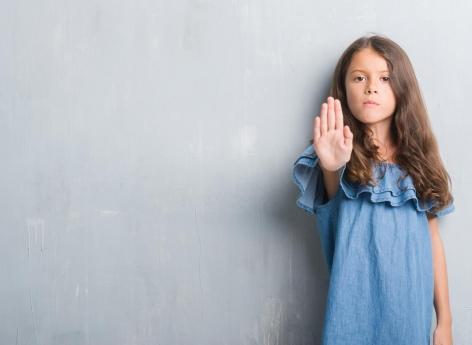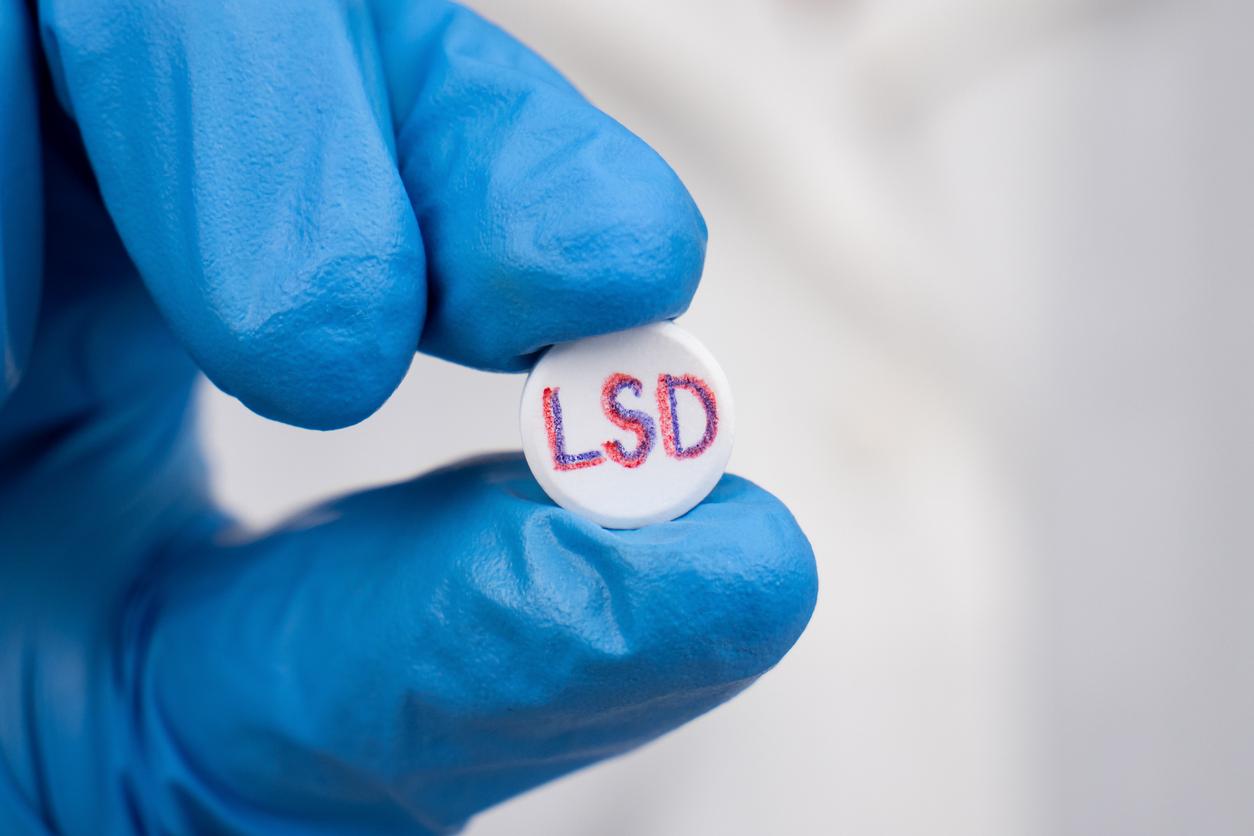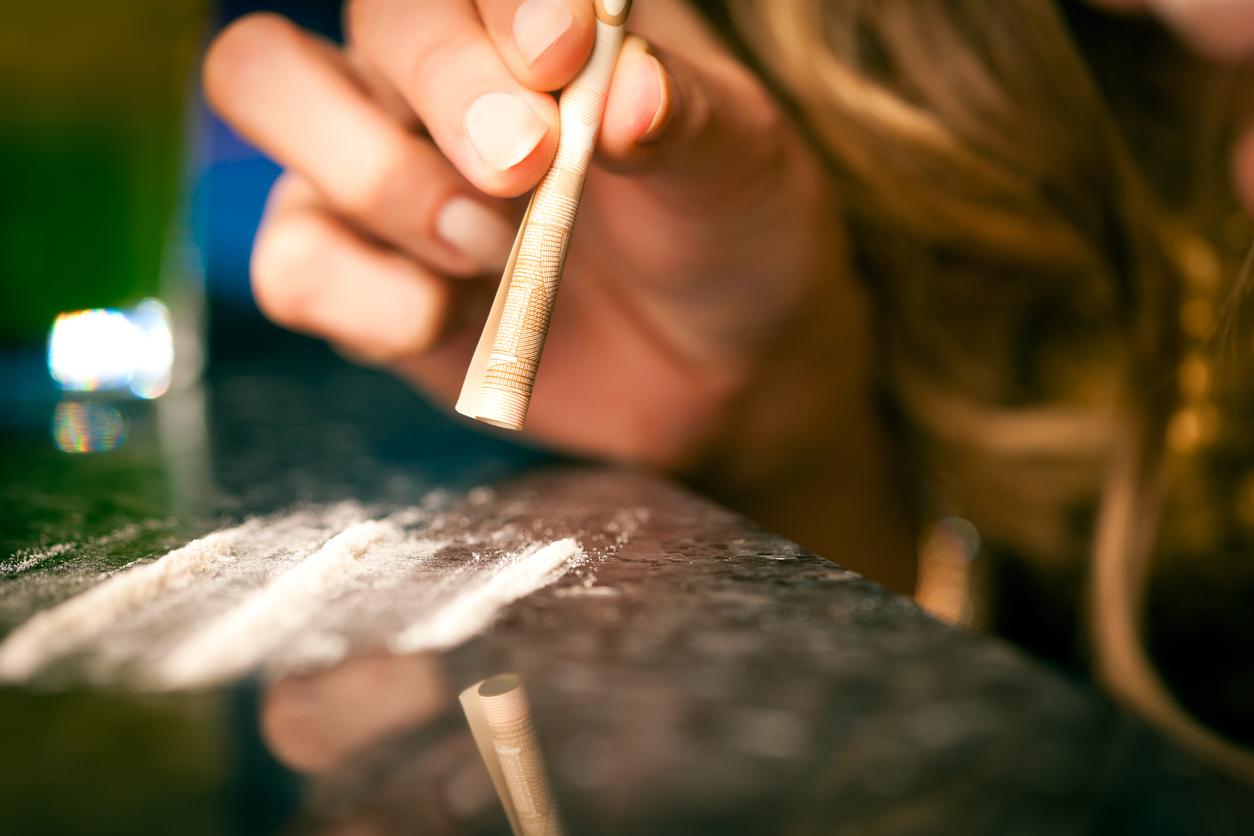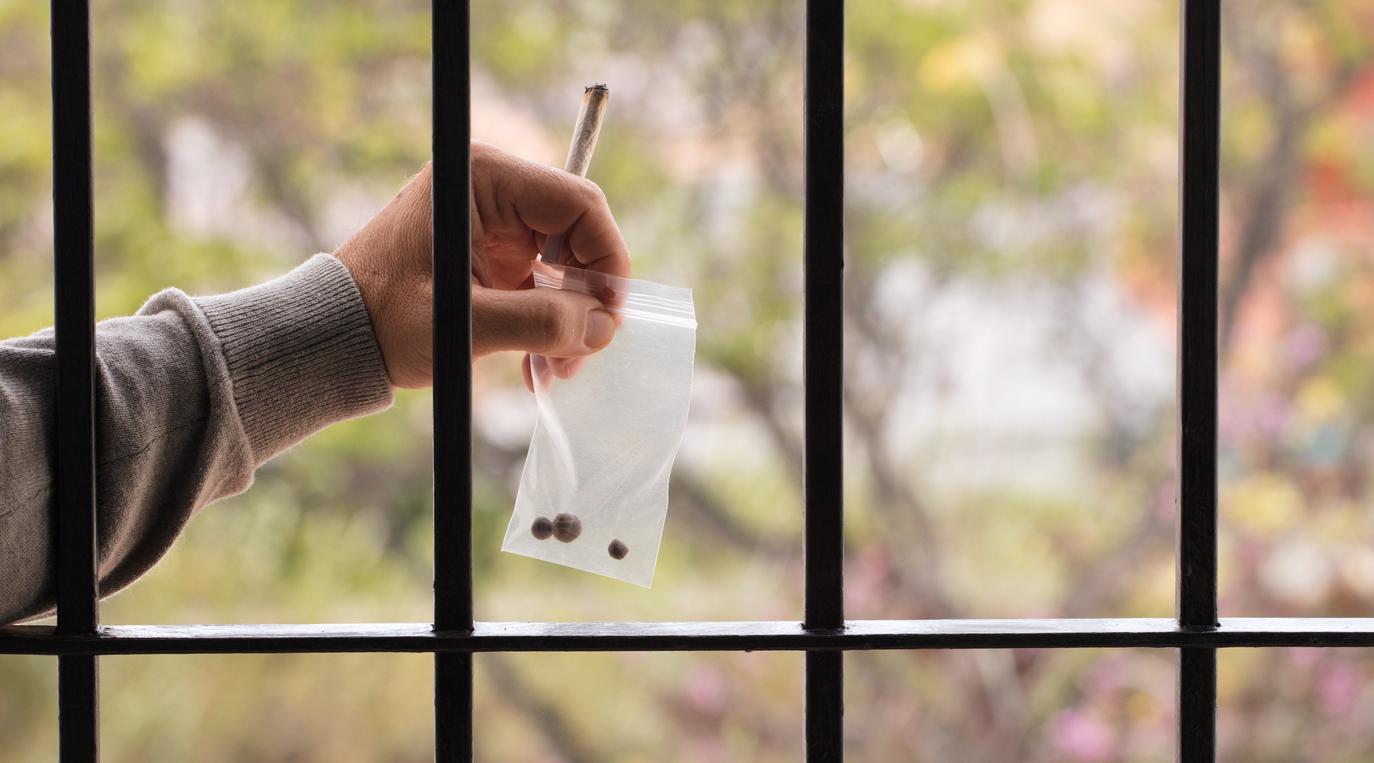These drugs can help therapists and their patients build better relationships and have more effective sessions.
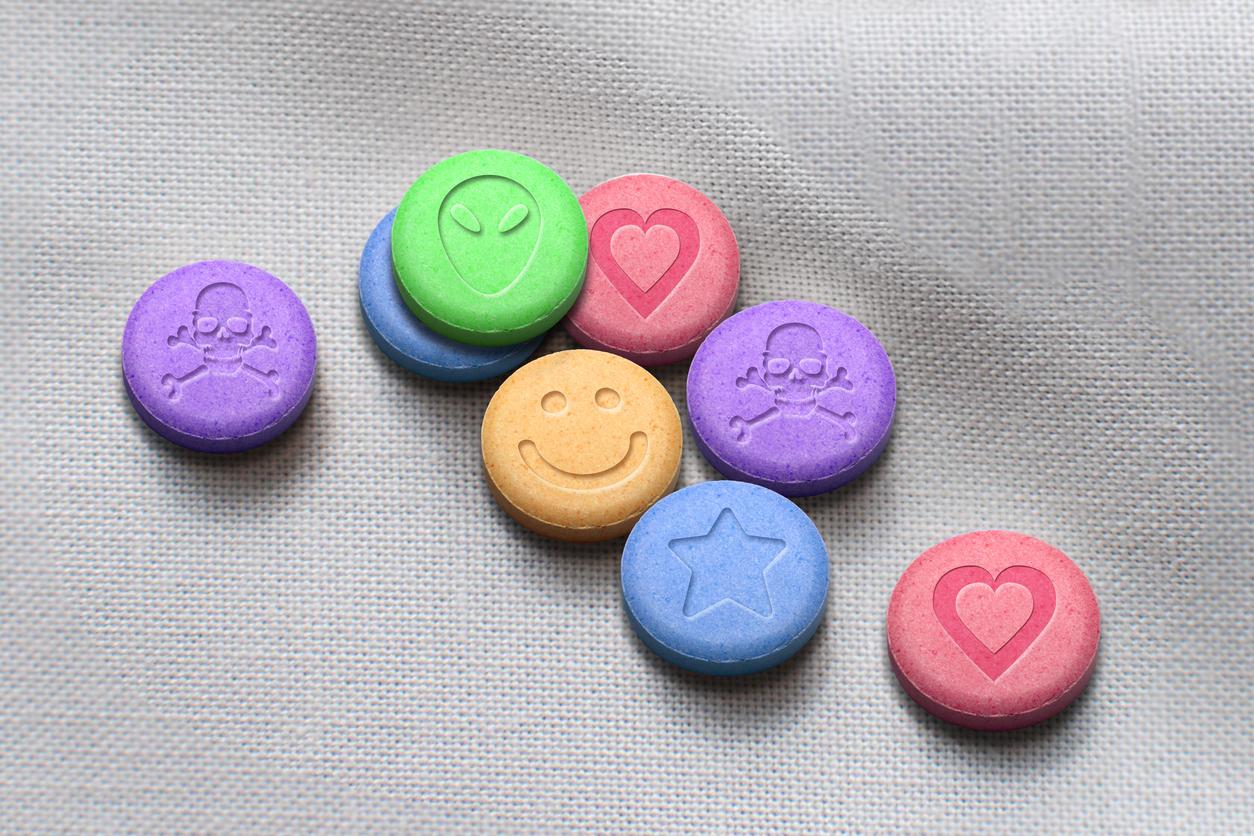
- After taking MDMA and methamphetamine, participants reported feeling much more connected to their interlocutor.
- These drugs also increased their oxytocin levels.
- Scientists believe they could improve therapies by increasing the social bond between a patient and their therapist.
MDMA, more commonly known as ecstasy, is a recreational psychedelic drug often used at parties because it creates feelings of closeness and social connection with others. Because of this “empathogenic” effect, researchers are interested in its potential use as a complement to talk therapy. Recently, this drug has been shown to relieve symptoms of post-traumatic stress. In a new study, published in the journal Scientific Reportsscientists from the University of Chicago (United States) showed that MDMA increased feelings of connection during conversation with a specialist, which is promising for therapy.
How do MDMA and methamphetamine affect social interactions?
To reach this conclusion, they examined the pharmacological effects of MDMA and how it influences social interactions. As part of their work, they recruited 18 healthy adults who were matched with a person they had never met. During one period, participants received a 100 mg dose of MDMA in a capsule, and other times they received a placebo. The experiment was carried out double-blind (that is, they did not know which drug they were receiving), in order to minimize the influence of expectations.
The volunteers had a conversation with their partner. The team gave them questions intended to start casual conversations about their favorite TV shows or favorite vacations, without prompting deep or particularly emotional answers. Next, the authors also conducted a similar experiment with methamphetamine (a dose of 20 mg), which has both similarities and differences from MDMA in terms of receptor actions in the brain.
During both experiments, volunteers were asked to rate the overall qualities of their partner and the conversation. The researchers also collected saliva samples to measure levels of oxytocin, a hormone associated with strengthening social bonds between people.
Adults who took these drugs felt more connected to their interlocutor
“Compared to placebo, MDMA and methamphetamine increased the feeling of connection with the interlocutors,” can we read in the results of the work. According to the authors, these drugs increased oxytocin levels, but oxytocin levels were not related to feelings of closeness. Scientists believe MDMA could improve therapies by increasing the bond between a patient and their therapist, facilitating conversations and helping the patient feel more comfortable opening up and exploring their emotions.
“When we see that a drug like MDMA is used recreationally, it may be because people believe it promotes a feeling of connection. As researchers, we are interested in the psychological components involved . Everything we have seen with MDMA in studies suggests that these effects would facilitate psychotherapy and improve the process. There may be different ways to make people feel more connected, one mediated by oxytocin, as with MDMA, and the other mediated by something else. But it may be that just talking and having a long conversation makes people feel closer to each other.” concluded research author Harriet de Wit in a statement.








